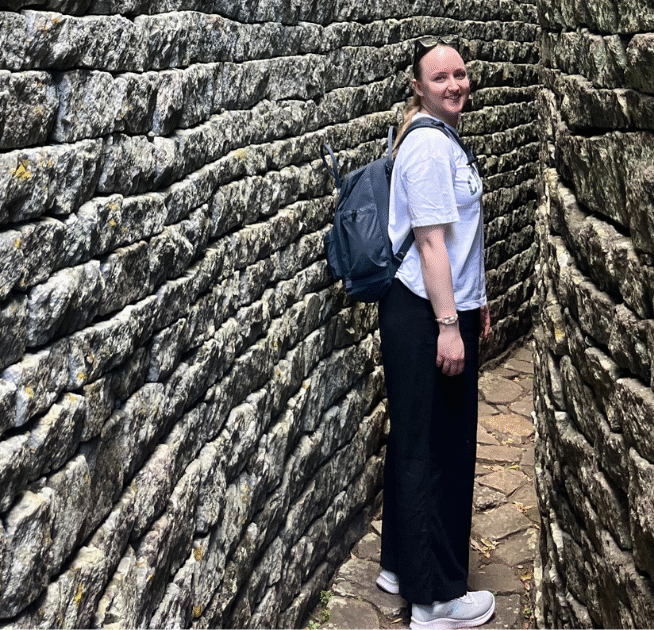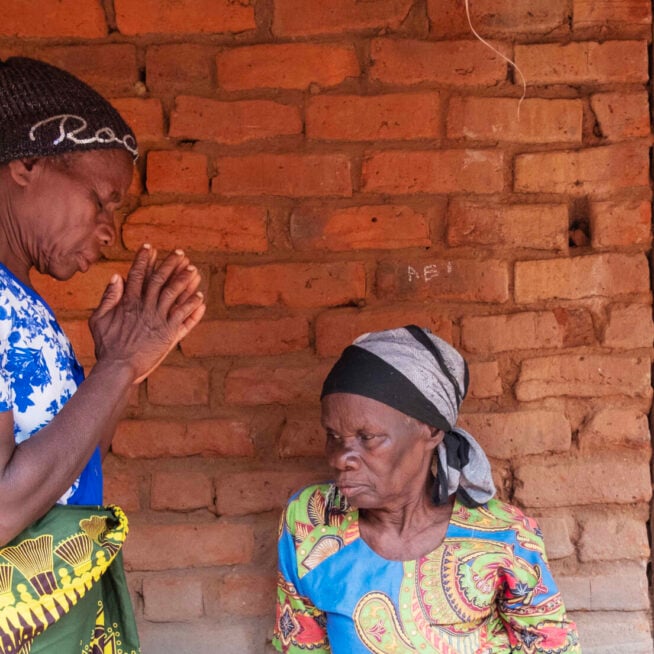Want to transform lives with us? Stay in touch and hear about our news, activities and appeals by email!
Improving community-based support for people with mental health conditions in Malawi: successes, challenges and lessons learned
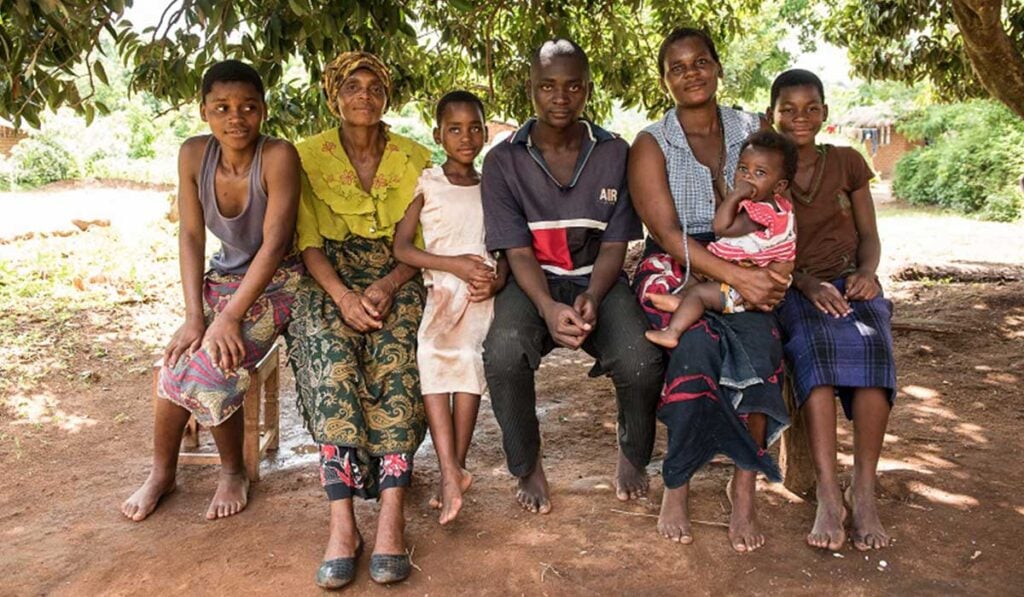
People with mental health conditions in Malawi, as in so many parts of the world, often face stigma, prejudice and abuse. They struggle to access treatment and support due to the lack of mental health resources available, particularly in rural areas.
For the past 3 years, thanks to funding from Comic Relief we’ve been working with the Mental Health Users and Carers Association (MeHUCA) in Malawi to improve community-based support for people with mental health conditions. The project has now finished but has had a positive impact on the lives of 1,628 people with mental health conditions, and will have a lasting impact for community mental health services and individuals that use them.
In this blog, we share some of the key successes and learning from the project, as well as the perspectives of some of the individuals involved.
“The committee is very supportive. Through such a group we are able to learn and understand a lot about ourselves…. MeHUCA is very important because it gives me the strength to carry on…”
Delia, pictured with her husband Rex, is a member of her local MeHUCA committee and carer for two family members with mental health conditions/psychosocial disabilities.
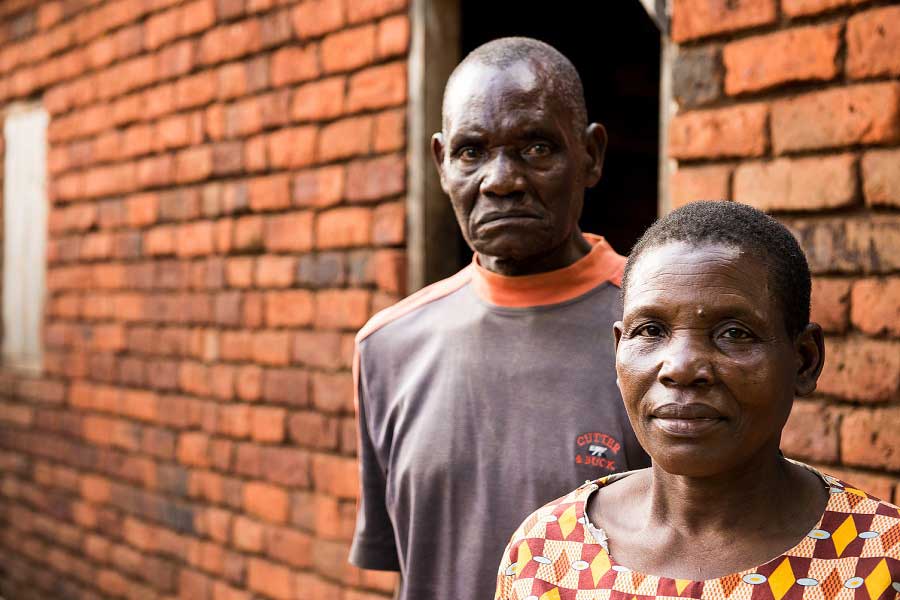
Successes
-
Peer support groups build confidence and equip members to claim their rights
The project established 15 local peer support groups in five districts for people with mental health conditions and/or psychosocial disabilities, providing a platform for users and carers to share experiences and support one another. Within the groups, it was reported that members felt supported, empowered, and confident. They started to claim and take ownership of their rights and advocate for them. It showed communities that people with mental health conditions/ psychosocial disabilities can practice legal capacity and promote best practices of supported decision making, such as open dialogue.
“This is a very helpful group. It has taught me to appreciate and love my son irrespective of his condition. Sometimes he is violent, try to stop him and he will beat you. He would run away from home and go roaming about in the streets. As a parent, I would follow and bring him back home. MeHUCA has helped to strengthen me. It taught me how to handle my ill son and ensure that he doesn’t skip his medication.”
Esterei, MeHUCA local committee member, who cares for her son with a serious mental health condition.
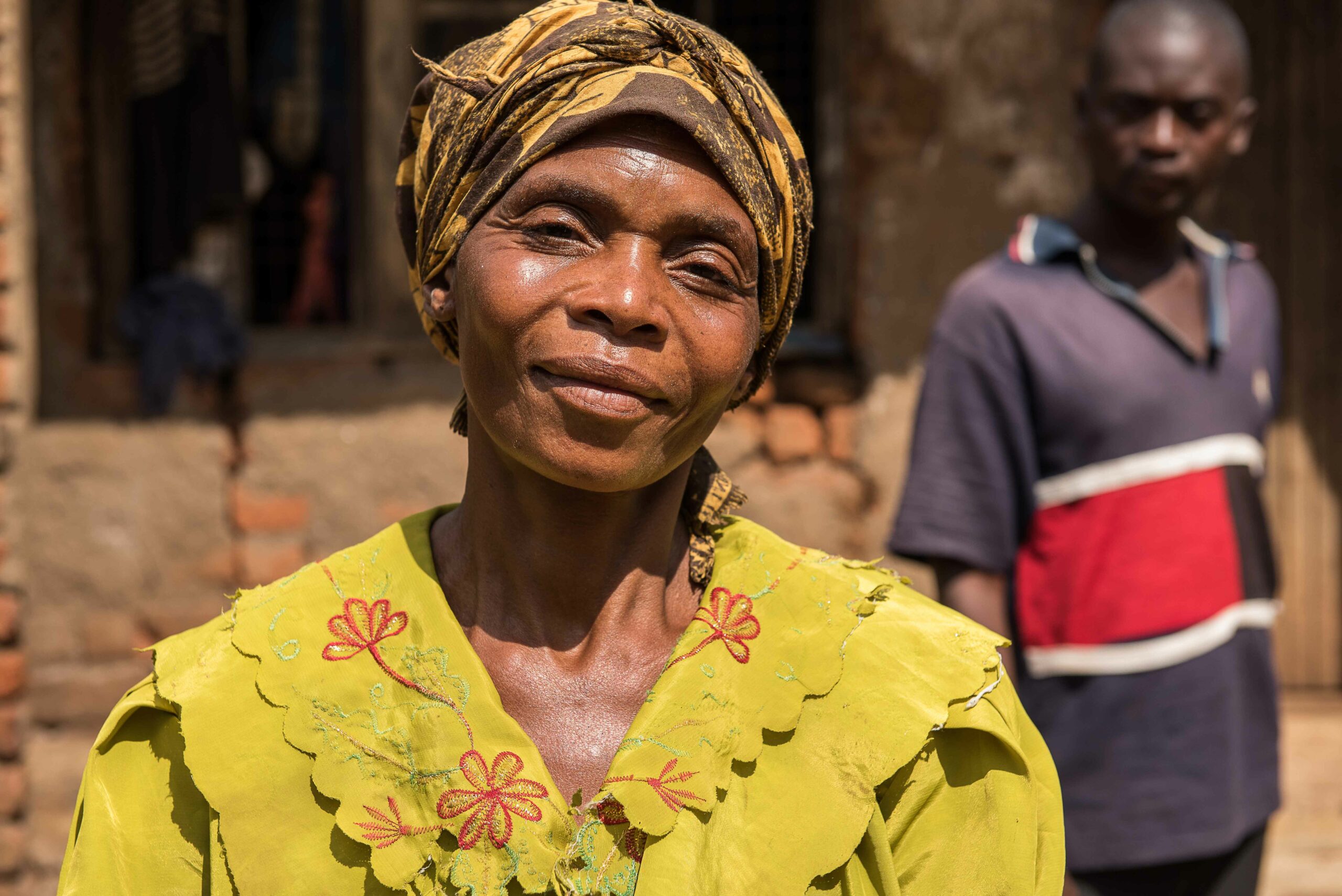
-
Training for CROs improves relationship between mental health service users and health workers
Through this project, we’ve developed the skills and knowledge of Community Rehabilitation Officers (CROs) from MACOHA who already work with people with different forms of disability in the community. Their training on mental health has been integrated into their routine community health care, to ensure people with mental health conditions can also access the right treatment and support. The CROs have been trained as trainers for mental health care in each of the 5 target districts.
Following their training, the CROs showed improvement in confidence to engage people with mental health conditions and they were able to successfully identify and support a total of 924 people. They were also able to do mental health promotion during community-based rehabilitation activities.
-
Integration of mental health with other health services
With the changing context of global mental health and the recognition of the need for it to be integrated cross-sectorally, this project has facilitated District Mental Health teams being included in review processes on how other programmes can integrate mental health into their projects and identified cross-sectoral care pathways. It also facilitated shared learning from other agencies working in mental health service delivery.
-
Changing attitudes and policy
Through advocacy and awareness raising, the project helped to promote human rights, combat stigma and strengthen referral pathways within the target districts. Awareness raising and community engagement activities reached over 28,000 people with activities including talks on different mental health conditions, ways to care for people with mental illness and training on how to promote mental health.
The growth of an increasingly progressive policy framework within Malawi provided an opportunity to advance issues that concern Mental Health service users and service providers e.g. language used to address people with mental illness. Words such as “imbecile” to refer to someone with mental illness have been removed from the Government’s Mental Health Bill.
“One of the biggest problems is discrimination and stigma and then the name-calling. And at times there are not enough psycho-social support in the places where they are staying and then again to access clinics most of the clinics are very far from where people stay. So it becomes a problem. And sometimes because of shortage of drugs in the hospital. So MeHUCA has also been advocating to tell the Government: ‘you must always have enough drugs for people with mental illness because without those drugs the illness will prolong’.”
Simon Thom, a founder member of MeHUCA; after experiencing a period of severe mental illness himself, he realised there was a significant need for more support and awareness.
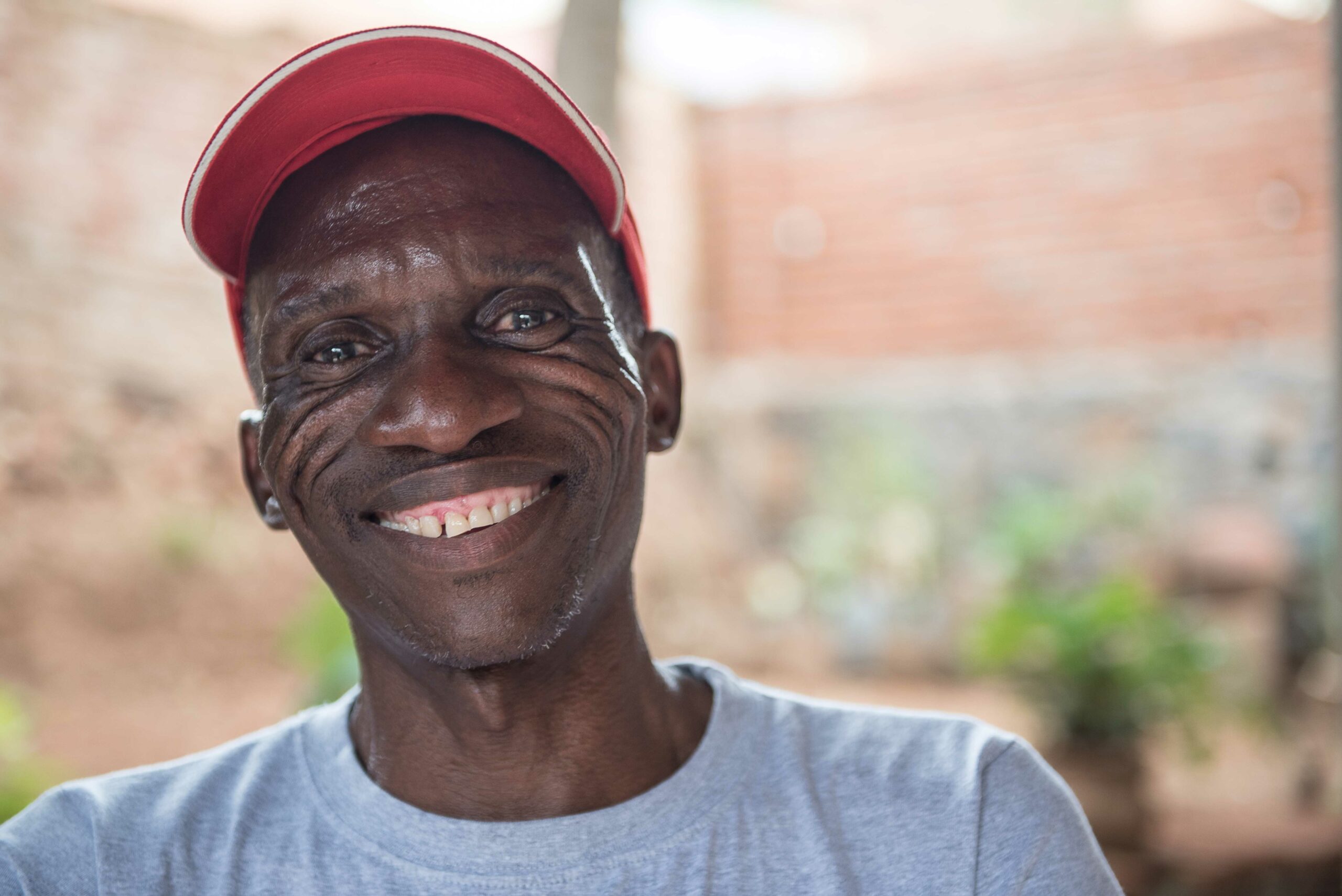
-
Adapting to provide continued support during the Coronavirus pandemic
The Coronavirus pandemic had a major impact on the project – particularly due to restrictions on face-to-face meetings which put an end to the usual peer-support meetings. To ensure that support continued during this challenging time, a Buddy System was established where individuals could ‘buddy up’ with another member, maintaining contact either by phone or in person. We provided group members with phone credit and project staff kept in touch to support them to adapt to the new Buddy System.
-
Building capacity of national mental health organisations for lasting impact
The project increased MeHUCA’s visibility within the country and we were able to support them to apply for grants from other Organisations. MeHUCA is also involved in international research through the SUCCEED Africa project (open in new tab), which aims to generate evidence about how people with significant mental health problems and psychosocial disabilities in Africa can be supported to thrive in their communities. This evidence-based research will inform MeHUCA’s future work.
MeHUCA’s peer-support groups have proven to be self-sustainable, as they have been acting on a voluntary basis to support others. MeHUCA will continue to use peer-support groups in these districts to build its membership and ensure even more users and carers are supported. There was also a deliberate linking of peer-support groups with mental health nurses at district hospital in each district, for continuity in terms of monitoring of the services as well as peer-support group activities.
Lessons learned
- Sustainability plans: plan well in advance on how the activities will be sustained after the project has come to an end. The project plan and approach should take into consideration sustainability plans from the first days of implementing the project activities and share with all stakeholders in the target districts.
- Available resources: be aware of all the available resources within the community where the project is being implemented, to ensure that different organisations with the same goal are working together and avoid duplication.
- Humanitarian/environmental effects: be mindful of possible eventualities and adapt project activities accordingly.
“Through MEHUCA we are able to engage the community around us on how they can handle and take care of people with mental illness… People with mental illness are difficult to look after. Many families easily get tired and give up on them. For instance, while selling doughnuts, I have met several people advising me to abandon Robert – after all he is not my own son so they said – why bother? But I told them I cannot abandon him let alone stop loving him. I will continue to look after him, ensuring that he has medication and will do this until I die.”
Rose, local MeHUCA Committee member and carer for her nephew, who has a mental health condition.
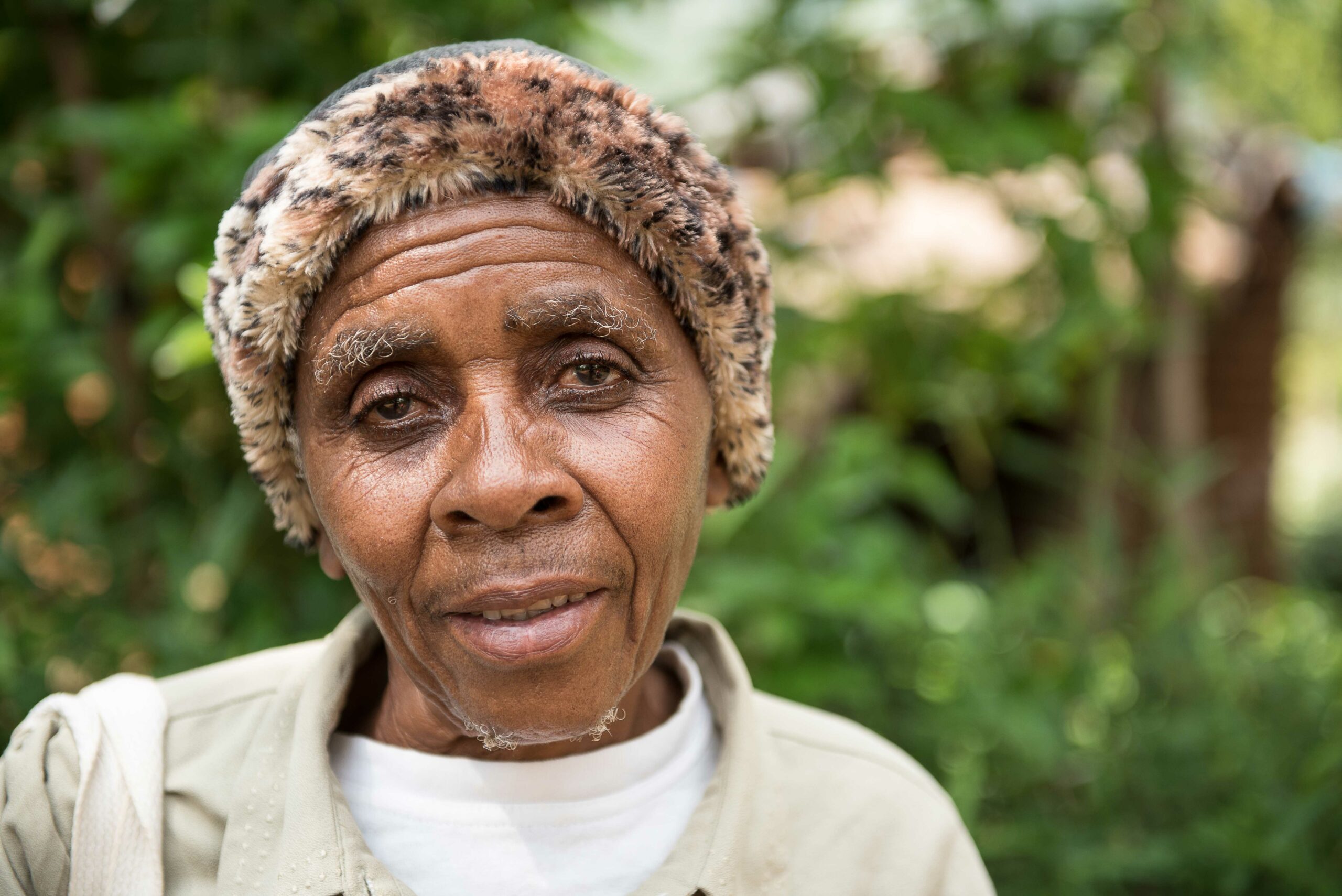
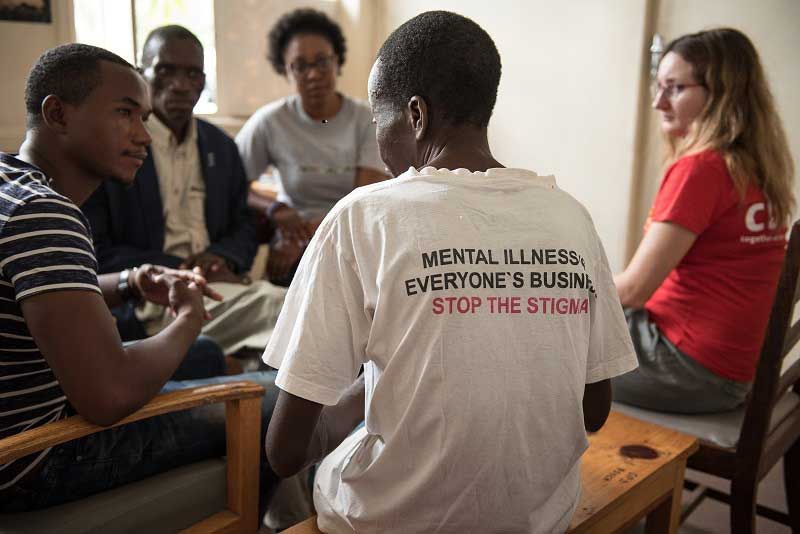
Images: 1st – Esterei, MeHUCA local committee member, at home with her family. 2nd – Delia, MeHUCA local committee member, with her husband Rex at home. 3rd – Esterei, MeHUCA local committee member, with her son who she cares for. 4th – Simon Thom, a founder member of MeHUCA. 5th – Rose, MeHUCA local committee member who cares for her nephew. 6th – Mphatso attending a counselling session – MeHUCA committee member wear a t-shirt saying ‘Mental illness. Everyone’s business. Stop the stigma’. ©CBM/Eshuchi

